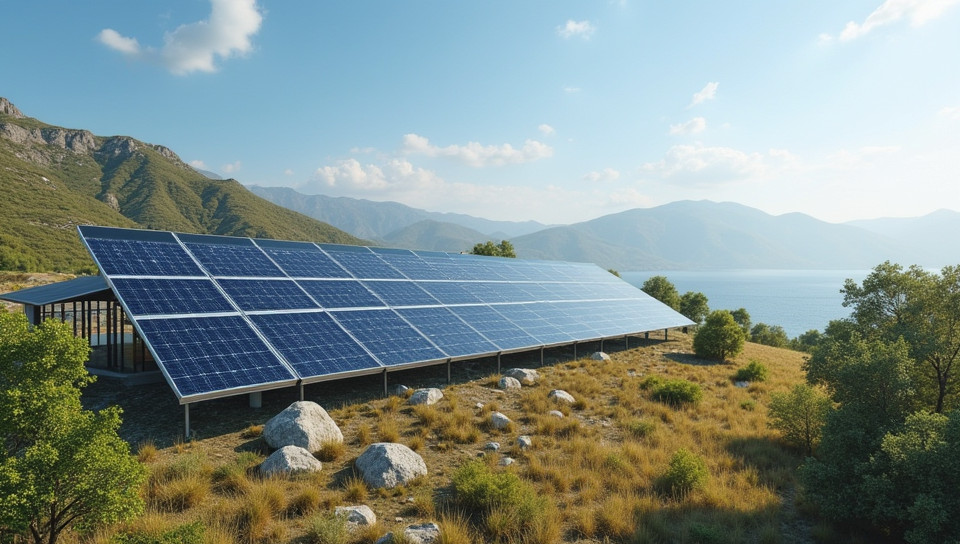Energy storage systems are not efficient yet for solar 76%

The Limitations of Solar Energy: Why Storage Systems Still Need Improvement
As the world continues to shift towards renewable energy sources, solar power has emerged as one of the most promising alternatives to fossil fuels. However, despite its potential, solar energy still faces significant challenges in terms of energy storage. While advancements have been made in battery technology, the efficiency and cost-effectiveness of these systems are yet to reach par with their fossil fuel-based counterparts.
The Problem with Energy Storage
Energy storage is a critical component of any renewable energy system, as it enables the capture and utilization of excess energy generated during the day for use at night or on cloudy days. However, current energy storage systems have several limitations that hinder their widespread adoption:
- Low efficiency: Most commercial battery technologies used in solar energy storage systems have an average round-trip efficiency of around 80%, meaning that up to 20% of the energy is lost during charging and discharging.
- High costs: Energy storage systems are still relatively expensive, making them inaccessible to many consumers and businesses.
- Limited lifespan: Batteries degrade over time, reducing their capacity and overall performance.
The Impact on Solar Energy Adoption
The limitations of current energy storage systems have significant implications for the adoption of solar energy. Without a viable and efficient way to store excess energy, homeowners and businesses may be unable to fully capitalize on the benefits of solar power. This not only hinders the growth of the solar industry but also reduces the overall impact of renewable energy on greenhouse gas emissions.
The Future of Energy Storage
While significant improvements have been made in battery technology in recent years, there is still much work to be done before energy storage systems can reach their full potential. Researchers are exploring new materials and technologies that could improve efficiency, reduce costs, and increase lifespan. Some promising areas of research include:
- Solid-state batteries
- Flow batteries
- Graphene-based batteries
Conclusion
The limitations of current energy storage systems pose a significant challenge to the widespread adoption of solar energy. While advancements have been made in recent years, much work remains to be done before these systems can reach their full potential. By investing in research and development, we can create more efficient, cost-effective, and sustainable energy storage solutions that enable the full realization of the benefits of renewable energy sources like solar power. Only then can we truly harness the power of the sun to drive our economic and environmental sustainability.
- Created by: Robert Lopez
- Created at: Aug. 17, 2024, 9:17 p.m.
- ID: 7565









